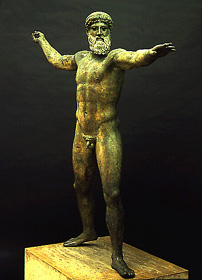Greek bronze sculpture depicting the god Poseidon. "Poseidon Soter at Artemisium" (c. 575 B.C.).
The statue was found in the Aegean Sea in 1926.
Click on image for full size
Image courtesy of the National Archaelogical Museum at Athens, Greece. Greek Ministry of Culture-Archaeological Receipt Fund. (c) Greek Ministry of Culture.
Poseidon
Poseidon was the Greek god of the sea and earthquakes. Poseidon was depicted as a bearded man with long hair, holding
a trident. He had a very bad temper. The symbol of Poseidon's power was the three pronged spear known as
the trident.
When he was angry, he split mountains and threw them into the sea to make islands. Poseidon was the brother of
Zeus and Hades. He married Amphitrite who was one of the Nereids. The Greek god Poseidon was known to the Romans by the name of Neptune.
You might also be interested in:
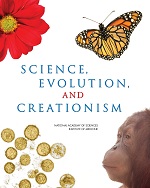
How did life evolve on Earth? The answer to this question can help us understand our past and prepare for our future. Although evolution provides credible and reliable answers, polls show that many people turn away from science, seeking other explanations with which they are more comfortable.
...more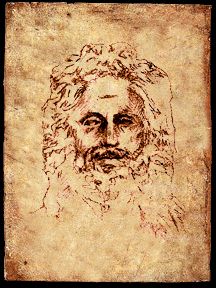
In Roman mythology Jupiter was the king of heaven and Earth and of all the Olympian gods. He was also known as the god of justice. He was named king of the gods in the special meeting that followed his
...more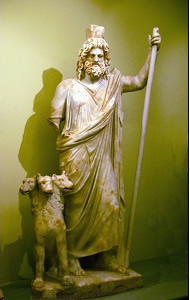
Pluto was the god of the underworld. One day, while he was riding through the field of battle, the goddess Venus had her companion, Cupid, playfully shoot an arrow into the heart of Pluto. Struck by Cupid's
...more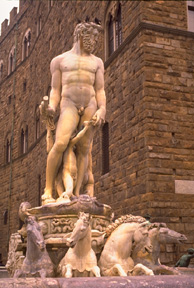
Neptune was the name that ancient Romans gave to the Greek god of the sea and earthquakes, Poseidon. Neptune was depicted as a bearded man with long hair, holding a trident and accompanied by dolphins
...more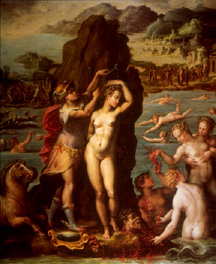
In Greek mythology, Andromeda was a young woman who was the daughter of Cassiopeia and Cepheus, the king of Ethiopia. Andromeda's mother claimed that they were more beautiful than the sea nymphs, the Nereids.
...more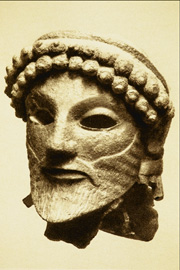
In Greek mythology, Zeus (Jupiter in Roman mythology) was the king of heaven and Earth and of all the Olympian gods. He was also known as the god of justice. He was named king of the gods in the special
...more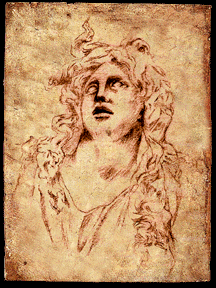
Gaea, or Mother Earth, was the great goddess of the early Greeks. She represented the Earth and was worshipped as the universal mother. In Greek mythology, she created the universe and gave birth to both
...more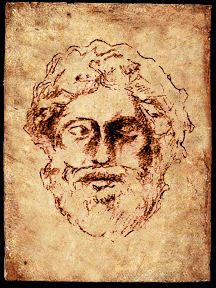
Hades was the god of the underworld. One day, while he was riding through the field of battle, the goddess Aphrodite had her companion Eros playfully shoot an arrow into the heart of Hades. Struck by Eros
...more


